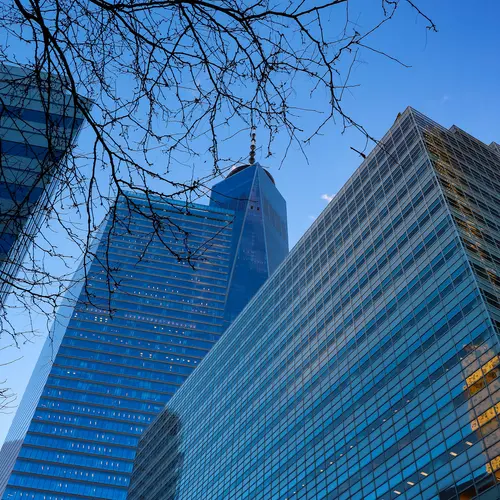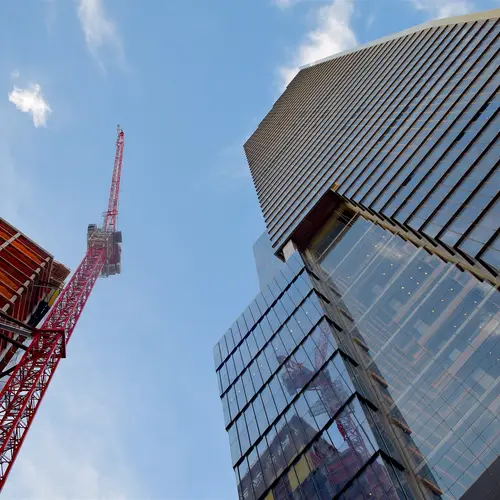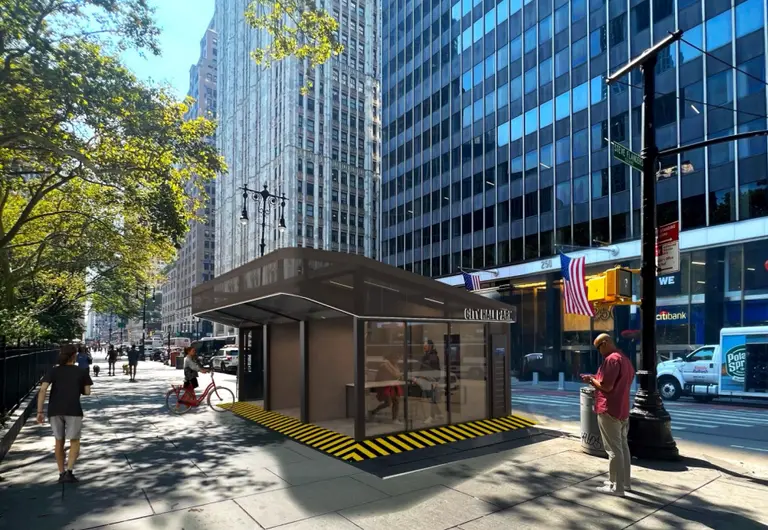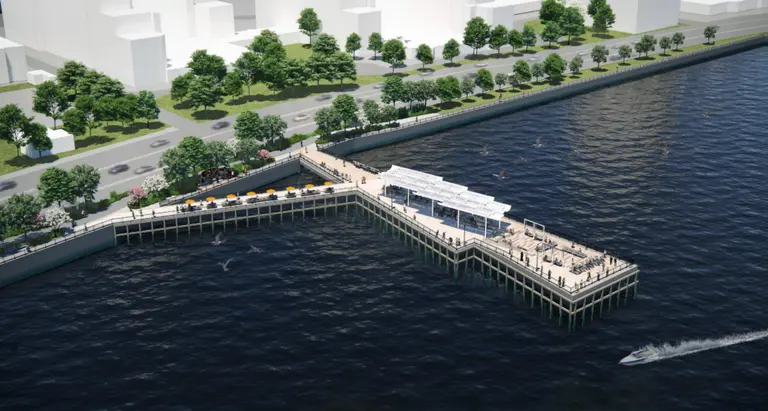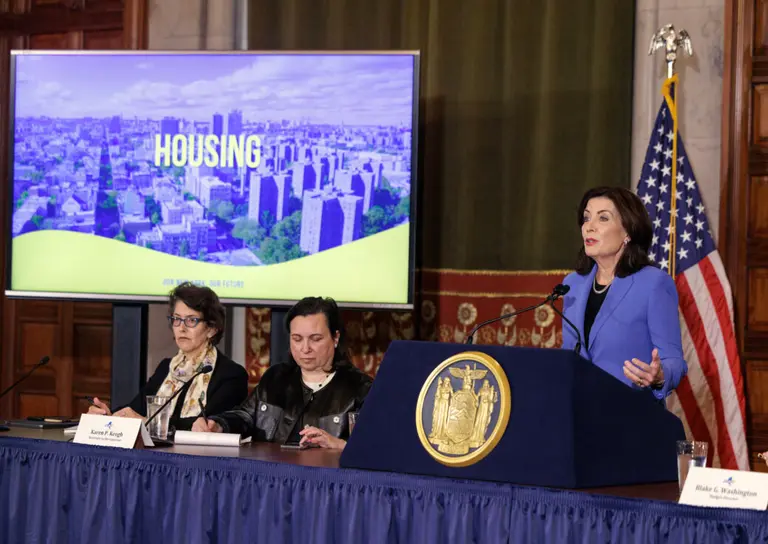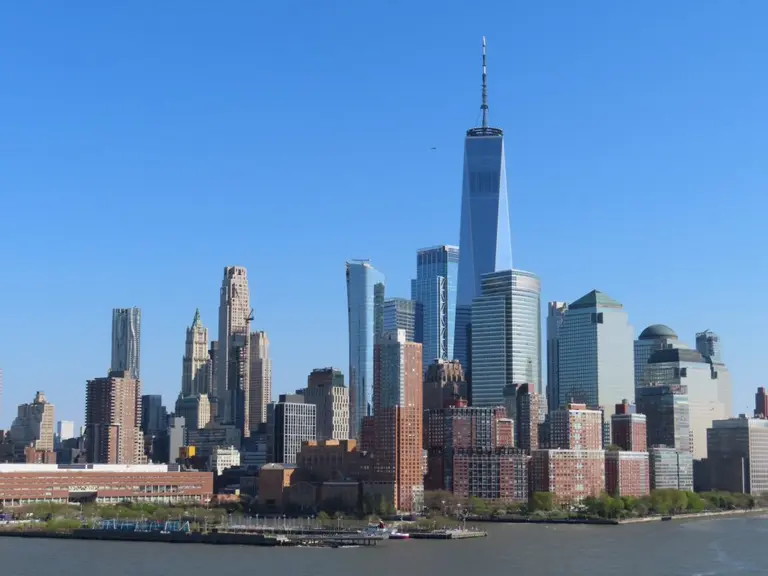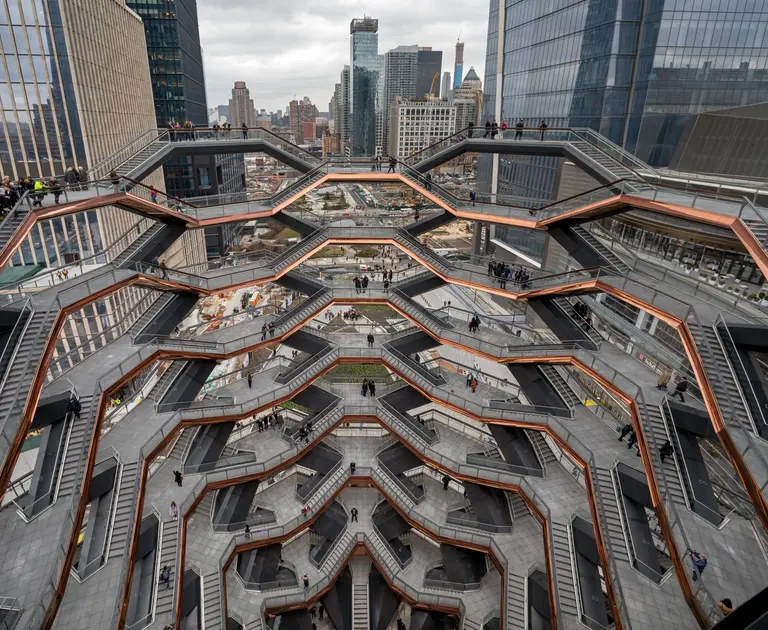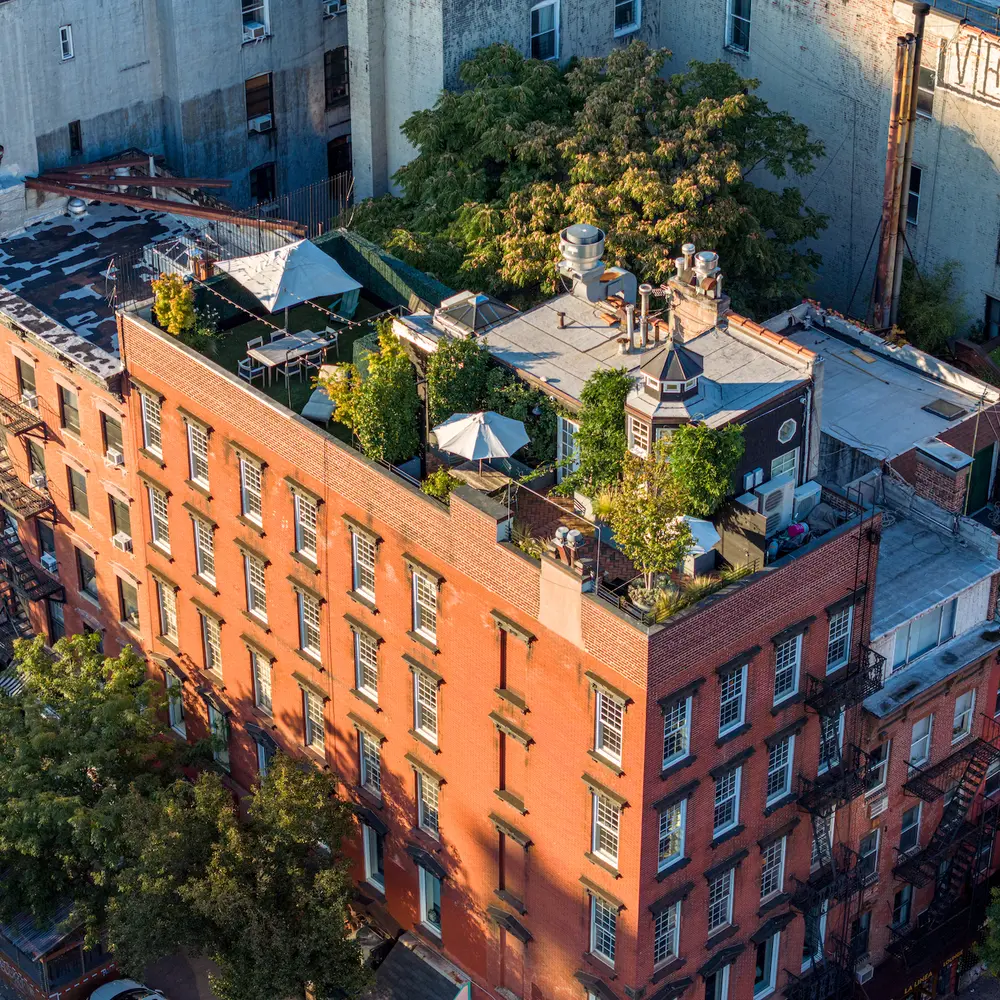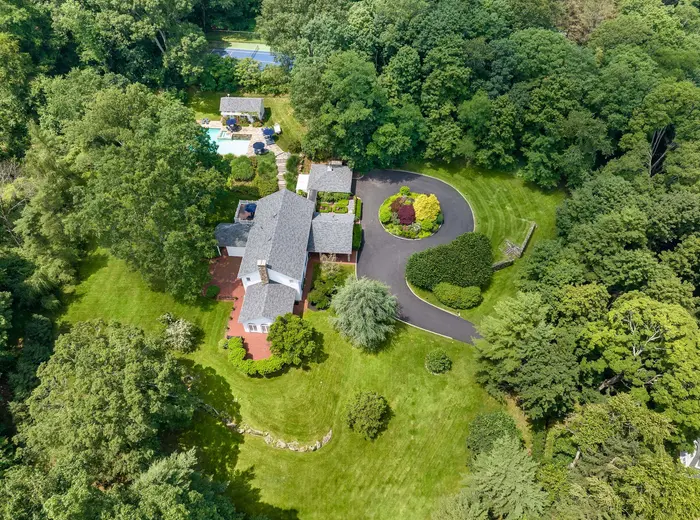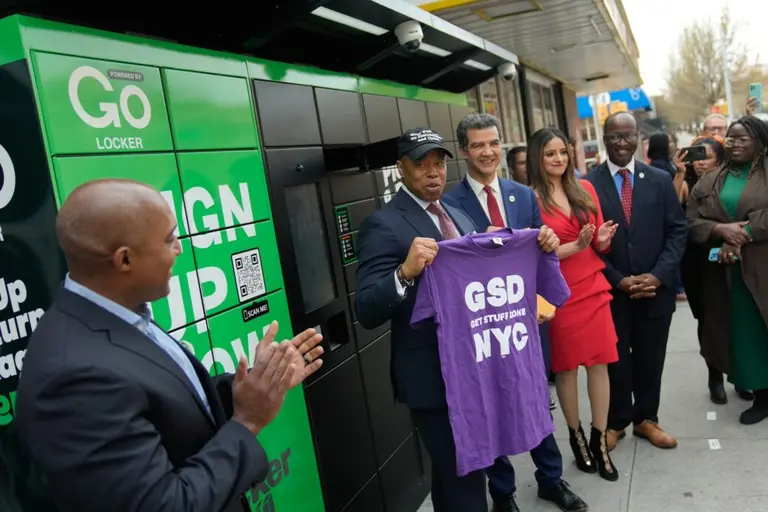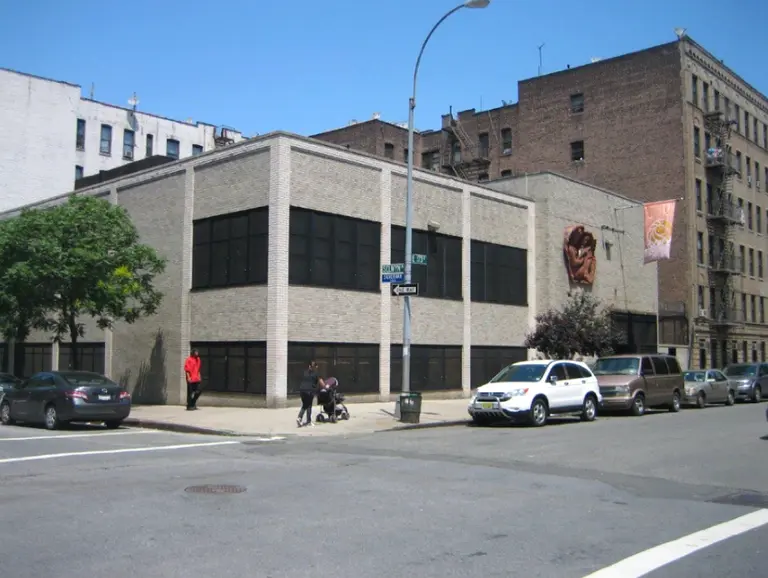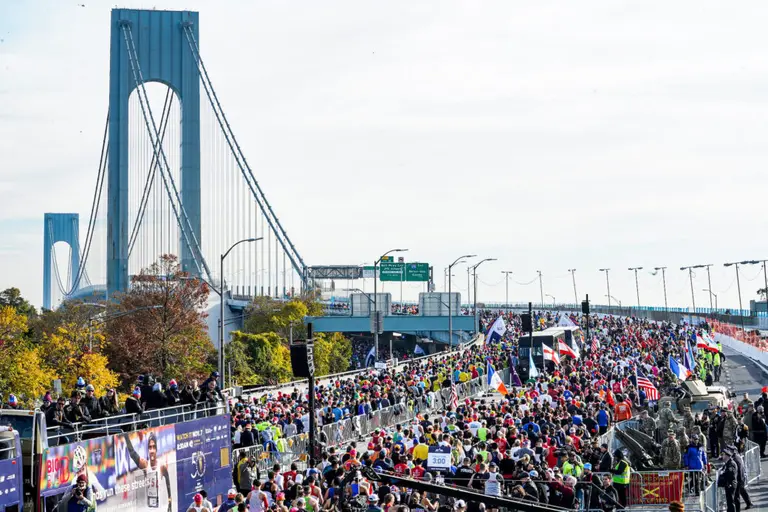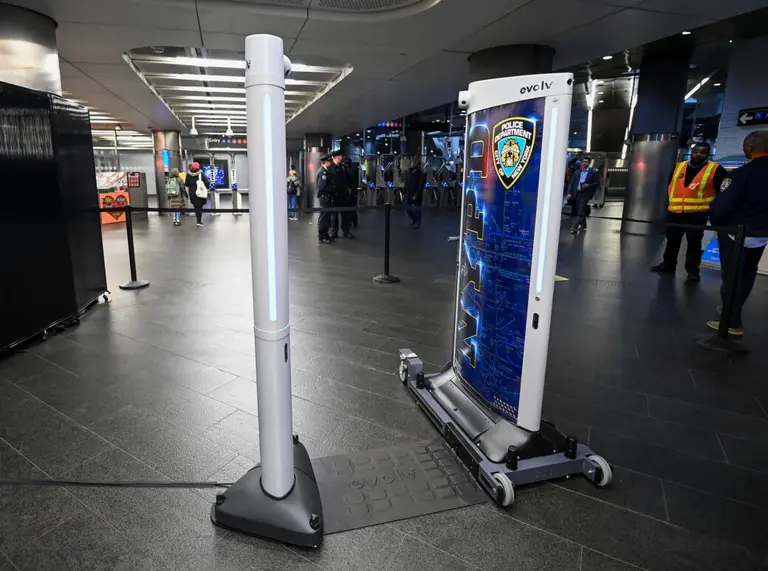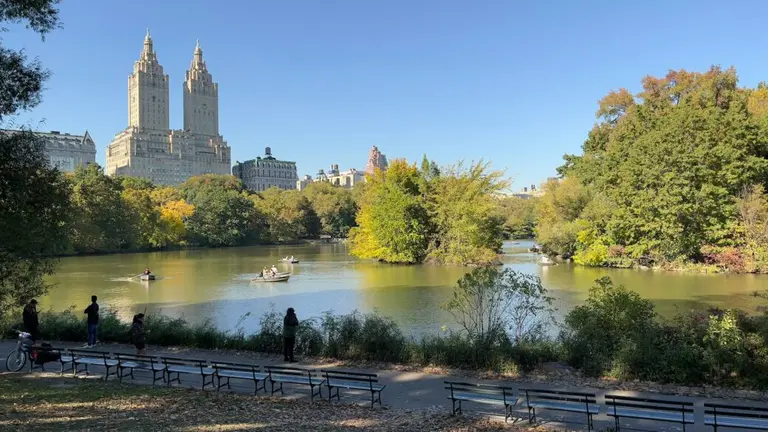New energy code gets tougher on NYC construction
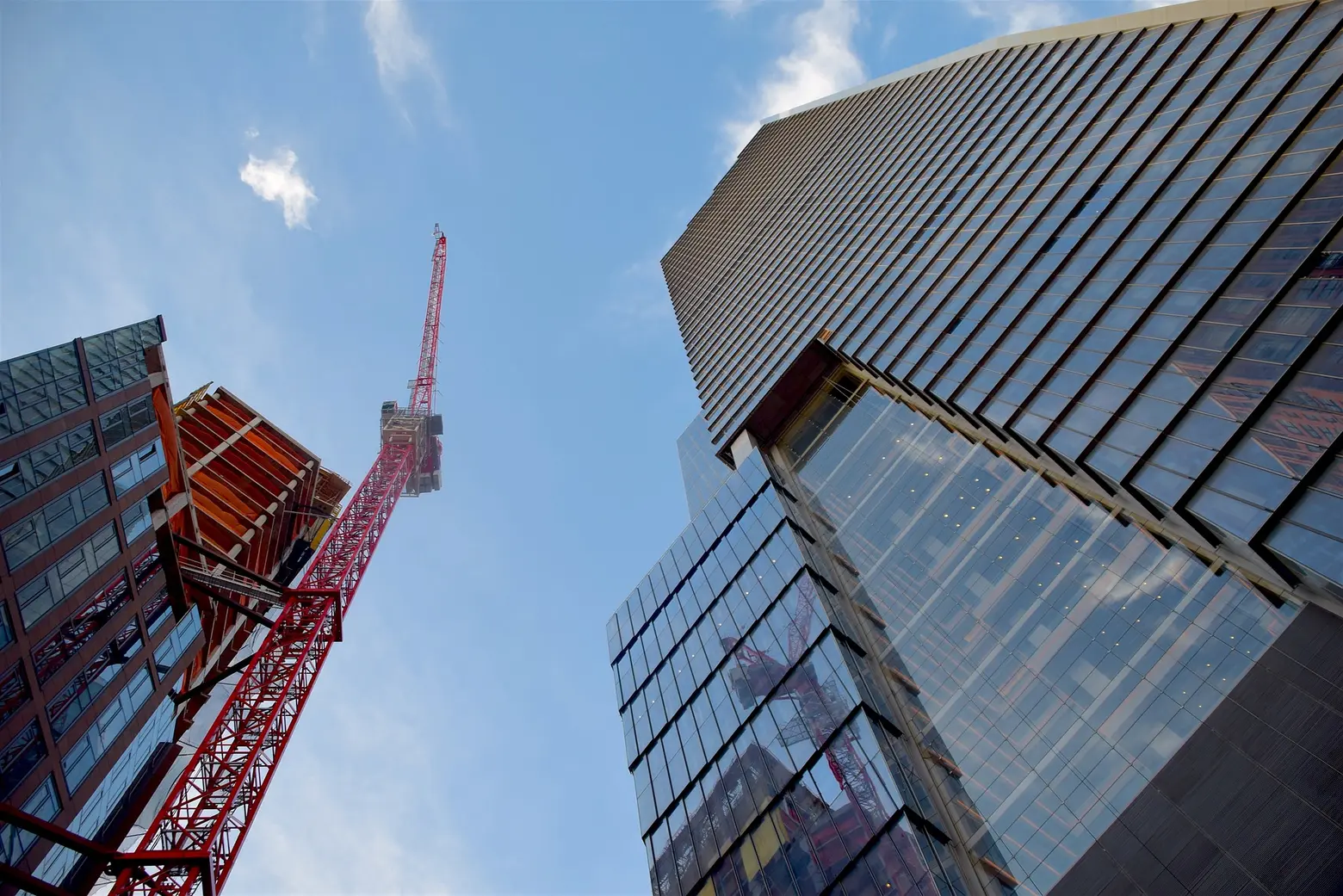
Image by Robert Jones from Pixabay
Beginning in May, construction in NYC is going to have to meet stricter sustainability and energy efficiency standards now that the 2020 NYC Energy Conservation Code passed into law last week. Part of the city’s version of the Green New Deal, the new code is just one of several construction regulations that the Department of Buildings is revising, with further updates expected to roll out later in the year.
Under the new code, new construction projects will have to implement better performing walls and windows to prevent heat loss, provide continuous insulation on balconies and parapets, meet increased energy efficiency requirements for heating and cooling systems, interior lighting and elevators, in addition to other measures.
All buildings over 25,000 square feet will need whole building metering and all new one- and two-family homes will need infrastructure for the future installation of electric vehicle chargers.
The new guidelines build on those outlined in the 2020 New York State Energy Conservation Construction Code and the New York State Energy Research and Development Authority’s NYStretch Energy Code but are tougher and more specific to “our unique urban environment” as a recent press release explains.
“Our new energy code will ensure that buildings—our city’s biggest polluters—are held to the highest standard of sustainability and efficiency,” Mayor Bill de Blasio said in that statement.
“Our codes are how we speak the truth of our values in the language of our built environment,” Mark Chambers, director of the mayor’s office of sustainability, added. “In the spaces where we live, work, and play, these new energy conservation codes will unlock healthier and more efficient buildings to help us in the fight against climate change—the fight for our future.”
Climate experts estimate nearly 70 percent of the city’s greenhouse gases are emitted by buildings and the city enacted the ambitious Climate Mobilization Act last April with the aim of reducing emissions by 40 percent by 2030 and 85 percent by 2050.
In January, Governor Andrew Cuomo unveiled a $33 billion five-year budget to support the city’s transition to renewable energy and increase investments in electric vehicles. Included in that is the $3 billion Restore Mother Nature Bond Act which focuses on wildlife revitalization and resiliency measures. It will be on the ballot in November.
RELATED:
